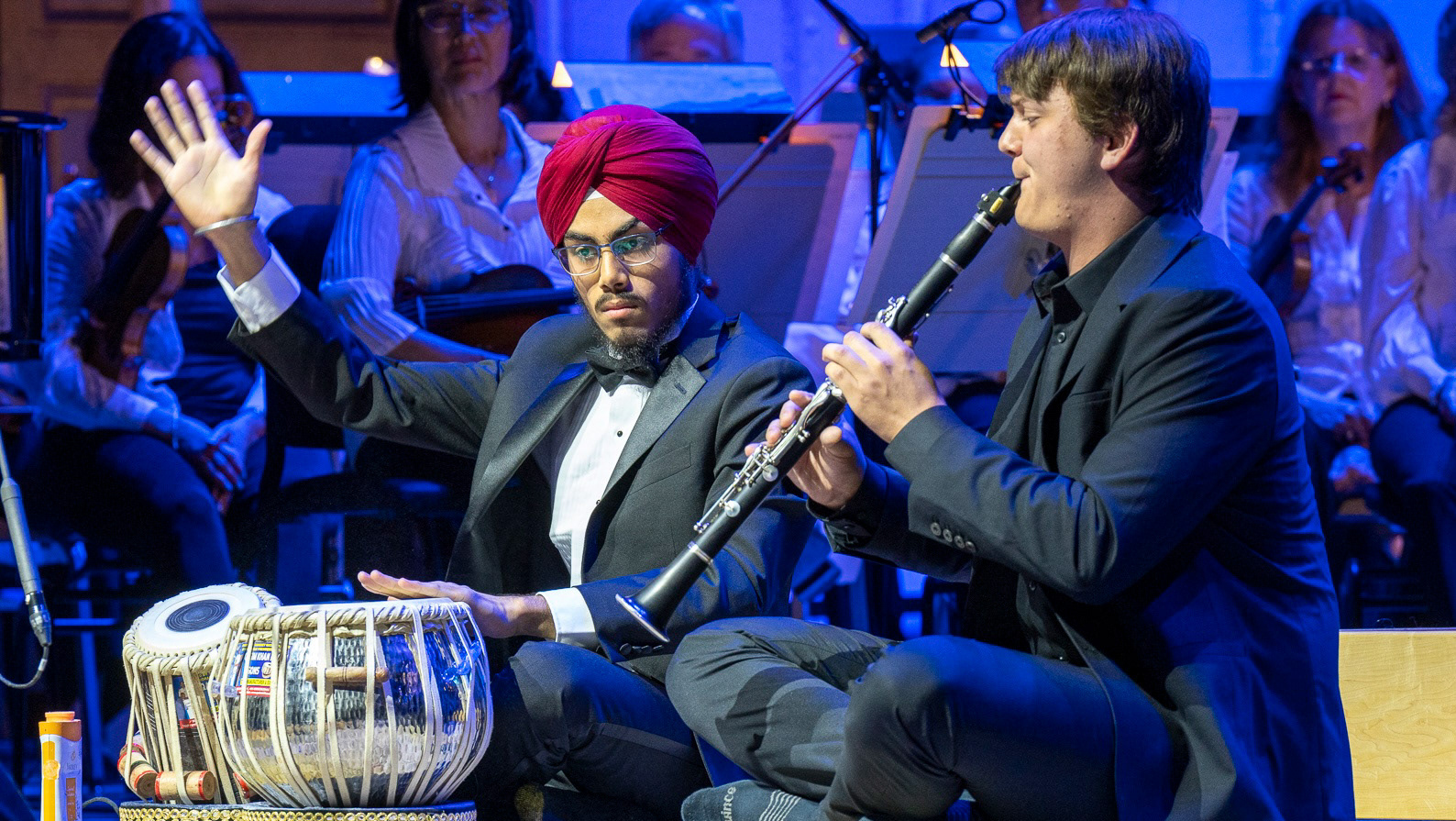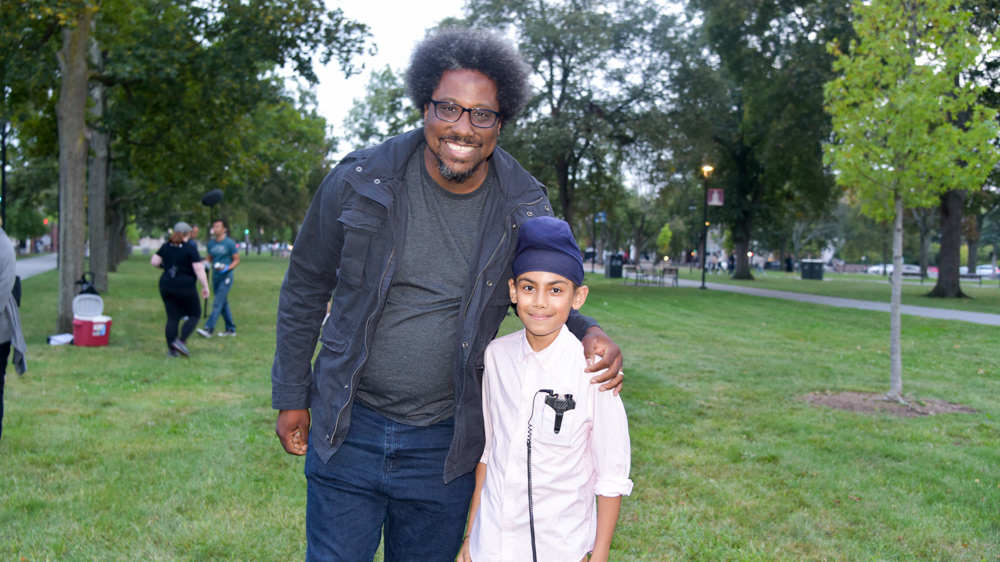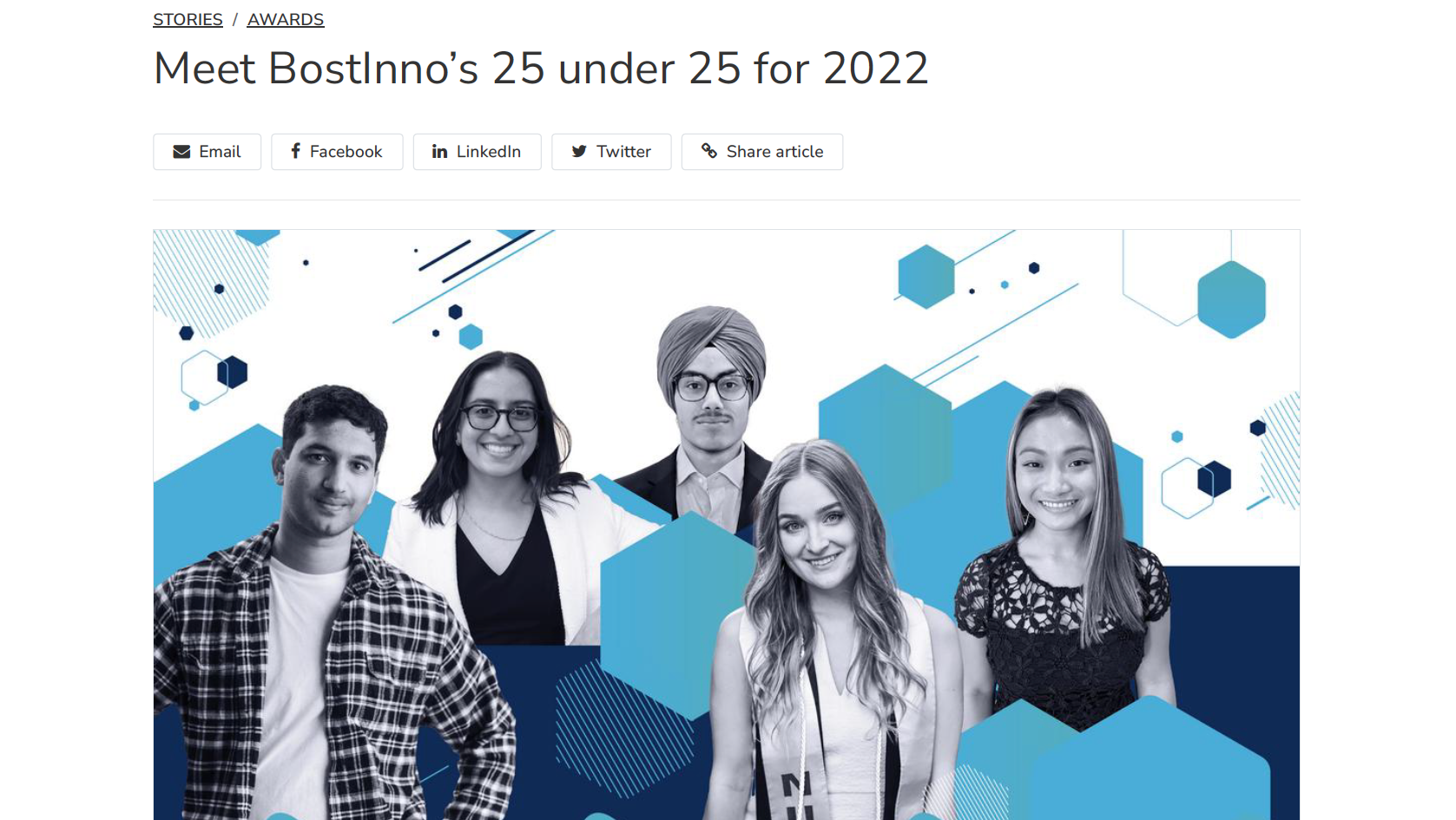SIKH PHILOSOPHY AND BUSINESS ETHICS
As a Sikh, I have always been deeply inspired by the intersection of the spiritual and temporal realms embodied in the Sikh concept of mīrī-pīrī. This profound idea, introduced by Guru Nanak, demonstrates that spiritual principles can and should inform our everyday actions and decisions, including those in business. While the study of Sikhī and business ethics may seem like two disparate subjects, I believe that the intersection of these fields offers a unique opportunity to explore how a gurmat understanding can enrich contemporary practices.
My forthcoming paper "Theorizing Business Ethics Through a Sikh Lens" in the peer-reviewed Journal of Economics, Management and Religion (JEMAR) delves into this very integration.
JEMAR (p-ISSN: 2737-436X)
HINDUSTANI CLASSICAL ETHNOMUSICOLOGY
Guided by a deep curiosity to understand the philosophical origins of my music, I have dedicated my time and efforts to research in the field of Hindustānī ethnomusicology. Under the guidance of Catherine Mills Davis Professor of Music at Wellesley College Gurminder Bhogal and Groton School Music Department Director Mary Ann Lanier, Ph.D., my forthcoming paper focuses on the influence of South Asian theological conceptions on the aesthetics and praxis of Hindustānī rhythm.
DEVELOPMENT ECONOMICS
As the president of both the Economics Club and the South Asian Affinity Group, I have spearheaded initiatives to address the pressing issue of farmer suicides in Punjab. My forthcoming research in development economics is deeply rooted in these experiences. I organized role-playing workshops to spread awareness about the farmer suicide epidemic and to devise innovative economic solutions to alleviate their suffering. By having students step into the shoes of various stakeholders—Punjabi farmers, international trade representatives (WTO), corporate agribusiness executives, Dalit activists, and even PM Modi himself—we sought to understand the complex corporate incentives at play.
Over the last four years, millions of farmers have encircled New Delhi to protest unfair agriculture laws. This economic despair became personal when I visited villages in southern Punjab where many farmers had committed suicide. I witnessed firsthand the decline in agriculture and the devastating impact of climate change, which steals water and wilts crops. Meeting the bereaved widows and children was a heartbreaking experience that starkly contrasted with my privileged life in the US. This encounter fueled my determination to make a difference.
At Groton School, I engaged the community in discussions about the social and economic challenges these farmers face. Through these workshops, we raised over $10,000 to support 17 families. My research will continue to explore these issues, aiming to develop sustainable economic strategies to support struggling farmers and mitigate the root causes of their despair.
Abstract
This study investigates the paradoxical occurrence of higher suicide rates in relatively prosperous regions of India, specifically the Green Revolution states. We hypothesize that the widespread use of neurotoxic pesticides in these areas contributes to this alarming trend. Utilizing national crime records data, we analyze prime-age male deaths (ages 18-50) across all Indian states where cotton and other major crops are cultivated. The study focuses on organophosphate pesticides, which are known to have severe neurological impacts. Evidence from public health literature in the United States indicates that organophosphates are particularly detrimental, causing significant neurological disruptions. Our findings suggest a strong correlation between the use of neurotoxic pesticides and increased suicide rates among farmers, emphasizing the need for urgent public health interventions and safer agricultural practices.
ADDRESSING THE DRUG EPIDEMIC IN PUNJAB
Contributing to Professor Supreet Kaur's team at UC Berkeley was an eye-opening experience that deeply impacted my perspective on the drug epidemic plaguing Punjab's youth. The media often portrays drugs in a way that suggests anyone can overcome addiction through sheer willpower. However, despite overwhelming statistics proving otherwise, drug use continues to ravage communities in Punjab.
As part of the development economics team, I helped produce and disseminate ten award-winning short films that tell tangible, heartfelt stories about the crisis. We aimed to present the harsh realities and consequences of drug use in a personal way that resonates more deeply than mere statistics ever could. Recognizing the power of storytelling, we also adapted many of these films for children and translated them into other languages to reach a broader audience.
This project taught me that simply presenting data isn't enough to drive change. The arts have an endless potential to inspire real change and contribute to the betterment of society. Through these films, we sought to provide a more relatable and impactful narrative to help mitigate drug use and promote awareness. The experience underscored for me the profound influence that well-crafted stories can have in addressing complex social issues and fostering a healthier, more informed community.
NATIONAL ECONOMICS CHALLENGE
As the president of the Economics Club at Groton, I had the incredible opportunity to compete in and coach over 20 students for the National Economics Challenge. Our journey began with rigorous weekly training sessions, where I focused on fostering a deep understanding of economic principles and honing our analytical skills. It was a thrilling experience to see the team's growth and dedication pay off as we advanced through the state and regional rounds.
Leading a team of four to the nationals in NYC after winning the state and regional rounds was a highlight of my high school career. The competition was intense, but our team's perseverance and collaborative spirit shone through. We delved into complex economic theories, debated real-world issues, and refined our problem-solving techniques. This experience not only deepened my passion for economics but also strengthened my leadership and mentoring skills, making it an unforgettable chapter in my academic journey.
GROTON DEBATING SOCIETY
As the president of the Debating Society, Groton School’s oldest student organization, I coached 60+ students in parliamentary debate. I organized all-school debates between students and faculty, holding school-wide meetings and debate workshops. Additionally, I organized and judged interscholastic tournaments. Leading an undefeated four-person team in the regional league was a particularly rewarding experience. Through debate, I honed my public speaking and critical thinking skills while also fostering a culture of respectful discourse and intellectual curiosity within the Groton community.
GROTON FINANCIAL DERIVATIVES CLUB
As President of the FinDerivs Club, I had the privilege of managing a small portion of our school’s $500 million endowment. This role allowed me to lead weekly meetings where we discussed the current state of the market, analyzing trends and making informed decisions. I also conducted workshops on derivatives trading, sharing my knowledge and fostering a deeper understanding of complex financial instruments among club members. This experience provided me with a unique opportunity to apply theoretical knowledge in real-world scenarios, enhancing my investment skills and deepening my understanding of finance.
SUMMER ANALYST AT RAKUTEN MEDICAL
As a Summer Analyst at Rakuten Medical, I helped scale up global clinical, commercial, and supply partnerships and drove global corporate development initiatives. I was a member of a cross-functional team that introduced Alluminox photo-immunotherapy to new markets such as India and Taiwan. Additionally, I was deeply engaged in executing various financial, market analysis, and strategic planning tasks to support deal-making and fundraising efforts. This included conducting financial modeling for the cancer drug "RM-0256," forecasting valuation for its clinical trial, and presenting my findings to the company's board of directors. It was an incredibly enriching experience to be involved in such impactful initiatives at Rakuten Medical and help further its mission to conquer cancer.
INSPIRIT AI
My love for pure math drove me to join the selective in-person Inspirit AI summer program, where I had the opportunity to learn the intricacies of machine learning and explore its ethical implications. My final project delved into the ethical implications of ML and offered specific policy recommendations to navigate an increasingly AI-driven world where companies relentlessly prioritize profits over the well-being and privacy of consumers.
My incredible experience at Inspirit inspired me to pursue my school's post-calculus math elective on Machine Learning (Advanced Math Topics), adapted from the tutorial offered by Professor Andrea Danyluk at Williams College. The technical depth of the tutorial allowed me to conduct research using partial differential equations and other advanced calculus techniques to derive many algorithms from scratch. In one research paper, I explored the disparate impact of biased algorithms used by major tech companies in industry today.



